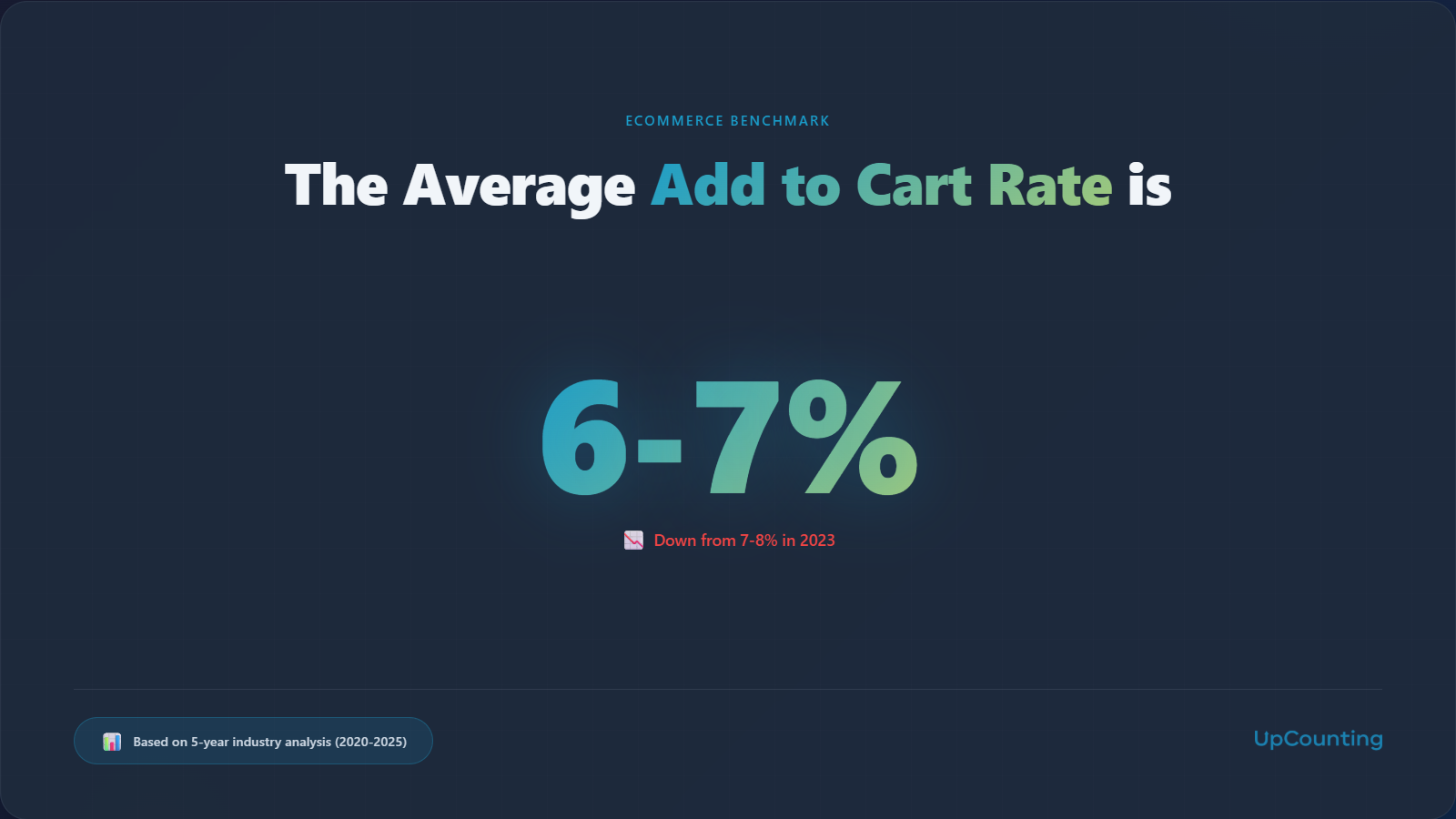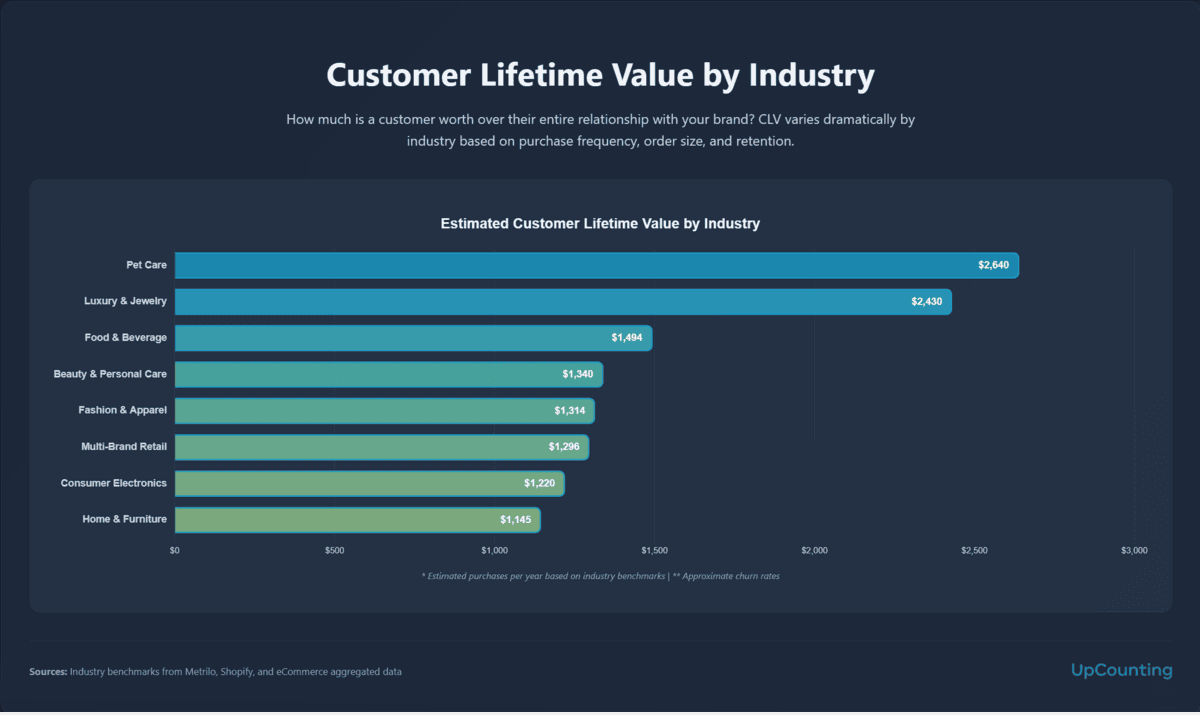If you're running an eCommerce business that's doing more than hobby-level numbers, you've probably hit that moment.
You know the one—staring at spreadsheets at 2 AM, trying to reconcile Amazon payouts with Shopify sales and PayPal fees, thinking "there has to be a better way to handle this mess."
That's when the question hits: Do I hire someone to handle this, or find an agency?
Here's what's weird though—this decision feels completely different than traditional business decisions.
If you owned a local restaurant, you'd have a clear sense of whether you need a bookkeeper or accounting firm. The complexity is predictable, the requirements well-understood.
But eCommerce?
Every platform has its own personality disorder.
Amazon does weird things with inventory reserves. Shopify's payment timeline doesn't match bank deposits. Your 3PL charges fees you didn't know existed...
And don't get started on sales tax across 47 states with inventory scattered across multiple warehouses.
What if eCommerce accounting isn't just "regular accounting, but more of it"—but something fundamentally different that changes the entire calculation?
The Hidden Complexity Tax
Think about your last quarterly review.
How much time did you spend figuring out what actually happened?
Not surface-level stuff like revenue trends, but deeper questions:
- Which products are actually profitable after all fees?
- How much did that Instagram campaign really cost after returns and chargebacks?
- What's your real inventory turnover across all channels?
If you're like most eCommerce owners, you spent way more time than you wanted piecing together a coherent picture from five dashboards, three spreadsheets, and whatever notes you scribbled during that stressful fulfillment week.
Now multiply that by every month. Every tax season.
Every time you need strategic data for inventory decisions, marketing spend, or platform expansion.
This isn't just time—it's opportunity cost.
You're making decisions with incomplete information while your mental bandwidth gets eaten by accounting logistics instead of business strategy.
The more channels you're on, the more products you carry, the more complicated your fulfillment setup gets, the higher this tax becomes.
What started as "I can handle this with QuickBooks" becomes a sprawling monster nobody fully understands.
Two Paths Forward
So you've accepted that the complexity is real and mistakes are expensive. Now what?
You've got two main options: build the expertise in-house or partner with a specialized agency.
Both can work, but the real costs and trade-offs might surprise you.
1. The In-House Reality
Let's say you decide to hire an eCommerce accountant. What exactly are you looking for?
Most traditional accountants know debits and credits, handle basic transactions, maybe have QuickBooks experience.
But eCommerce? That's like asking someone who drives a Honda Civic to hop in a Formula One car.
Your ideal hire needs to understand on day one:
- How Amazon's reserve system affects cash flow planning
- Why Shopify's payment processing creates timing differences for revenue recognition
- How to categorize marketplace fees across different platforms
- Sales tax nexus rules across multiple states
- How to reconcile inventory across different 3PLs when each reports differently
And that's just the technical stuff.
They also need to grasp your specific business model—retail arbitrage, private label, wholesale, or some combination—because accounting treatment differs for each.
Here's the question: How many people with that exact skill set are actually looking for jobs? And how many will work for what you can afford?
The Learning Curve Problem
Let's be realistic. You'll probably hire someone smart and motivated who doesn't have all that experience upfront.
During their learning period, who's catching mistakes?
Who's answering questions about why your Amazon inventory reserve jumped $10K or why Shopify sales don't match payment processor deposits?
That's probably you—meaning for the first few months, you're doing two jobs: running your business and training someone to handle the complexity you wanted off your plate.
And if they leave? All that institutional knowledge walks out the door.
The Real Cost Picture
Found someone good—experienced with eCommerce, knows the platforms, gets the complexity?
You're looking at $65K-$85K minimum, maybe more depending on your market.
Add health insurance, payroll taxes, retirement matching, and you're at $85K-$110K total compensation.
But they need software.
Decent accounting platforms with eCommerce integrations aren't QuickBooks at $30/month.
Think A2X for Amazon reconciliation, TaxJar for sales tax, inventory management that plays nice with accounting systems—easily $500-$1000 monthly in subscriptions.
Then there's the stuff you don't think about: When Shopify changes fee reporting and your person spends two days fixing reconciliation.
When you expand to new platforms and they learn entirely new systems.
When tax laws change and they need continuing education.
And mistakes. When your in-house person miscategorizes something or misses a deadline, that's your problem to fix.
Six months of incorrect cost of goods sold? Your audit risk.
2. The Agency Approach
Good eCommerce accounting agencies are built completely differently than traditional firms.
Traditional firm? Senior partner, some associates, they handle various industries with generalized knowledge. Maybe one or two eCommerce clients.
Their entire operation revolves around online retail's specific weirdness. They've got people who do nothing but Amazon reconciliation all day.
Others specialize in inventory accounting across multiple 3PLs. Someone whose job is staying current with sales tax changes across states and marketplaces.
They've already built integrations between platforms and accounting software. They know how to handle timing differences between marketplace payouts and sales dates.
They've seen every weird fee structure, unusual inventory situation, and tax complexity your business model might create.
The Economics That Drive This
Here's what's different: they're not just doing your books—they're doing books for dozens or hundreds of eCommerce businesses.
When Shopify changes reporting format, they figure out the fix once and apply it across their entire client base. When new tax rules emerge, they research once and implement everywhere applicable.
It's like using AWS instead of running your own servers.
Infrastructure costs spread across tons of users, so everyone gets enterprise-level capabilities at a fraction of individual build costs.
But this only works if the agency actually specializes in eCommerce. A traditional firm that "also does eCommerce" won't give you these advantages.
Control vs. Efficiency Trade-Off
Let's be honest—there's a psychological component here.
In-house feels like more control. You can walk over and ask questions, see exactly what they're working on, adjust priorities real-time.
Having people handling your money physically present and directly accountable feels comforting.
But is that control actually useful?
If you hire someone who doesn't fully understand eCommerce complexities, you control someone making mistakes you can't identify.
Work with an expert agency with less day-to-day visibility, and you might have less control but better outcomes.
Sometimes too much control becomes a burden. When your in-house person has questions, they're asking you.
When they need software approvals or process changes, that's your decision. When they're sick during month-end close, that's your problem.
With agencies, many operational decisions happen without your involvement—which could feel like less control, or more freedom to focus on running your business.
What kind of control do you actually want? Control over the process, or control over your time and energy?
A Framework for Making the Right Choice
Now that you understand the real costs and trade-offs, how do you actually decide?
Here's a practical framework based on volume, complexity, and business realities.
Volume and Complexity Thresholds
Under $1 million in revenue and only on one or two platforms?
The math might favor in-house—assuming you can find someone who understands eCommerce accounting fundamentals.
The complexity hasn't reached the point where you need specialist teams, and cost savings could be real.
Between $1-5 million?
This is where most businesses hit their first major complexity wall.
Multiple platforms, inventory across different locations, sales tax compliance in multiple states, maybe international sales starting.
The question becomes: do you want to pay someone to learn how to handle this complexity, or pay someone who already knows?
Above $5 million?
Unless you've got specific reasons for keeping it in-house, economics usually favor outsourcing.
Complexity is high enough that you need real expertise, volume is high enough that mistakes get expensive fast, and you're probably dealing with multiple channels, inventory locations, and regulatory requirements.
But here's what matters more than revenue: complexity per dollar.
A $2 million business doing private label across Amazon, Shopify, eBay, and Walmart with inventory in three 3PLs is way more complex than a $5 million business doing retail arbitrage primarily on Amazon.
The Questions Most People Don't Ask
Before posting that job listing or calling agencies, ask yourself:
What mistakes worry you most?
Compliance issues? Cash flow problems? Inventory tracking errors? Your answer points toward the type of expertise you actually need.
How much time do you currently spend on accounting tasks?
More importantly, what could you do with that time instead? Sometimes the opportunity cost of handling things yourself is higher than either solution's cost.
What happens if your first choice doesn't work?
If you hire someone who's not a good fit, how long until you realize it and how much will it cost to fix? If you choose an agency and you're unhappy, how easy is it to switch?
What does "good enough" look like right now?
Are you optimizing for perfect books or just compliant books? Strategic insights or basic reporting? The sophistication level you actually need might differ from what you think you want.
Red Flags That Make the Decision Obvious
Some situations clarify the choice regardless of your preferences:
You're already spending 10+ hours monthly on accounting tasks yourself. You need help regardless of which direction you choose.
You've had compliance issues—missed tax deadlines, incorrect filings, audit problems. That's usually a sign you need more expertise than you currently have access to.
Your current setup prevents strategic decisions because you can't get clear profitability data, track inventory properly, or trust your financial reports. The cost of fixing this probably outweighs either solution's cost.
You're planning major changes in the next 12 months—new platforms, product lines, international expansion, major inventory investments. Having the right expertise in place before these changes happen is worth paying for.
When You Just Can't Afford the "Right" Choice
Let's talk about something nobody wants to admit—sometimes the optimal decision isn't financially feasible.
Maybe outsourcing would give better long-term results, but you're bootstrapped and cash-flow tight.
Paying monthly agency fees feels impossible when you could hire someone for lower monthly cost (even if total ownership cost is higher).
Or you're in growth phase where every dollar goes toward inventory and marketing, and you can't justify the premium for outsourced expertise when "good enough" results work for now.
That's okay.
Sometimes you make the best decision with available resources, knowing it's not perfect, and adjust later when your situation changes.
The key is honesty about what you're doing and why.
Don't convince yourself the suboptimal decision is actually optimal just because it's what you can afford right now.
Implementation Reality Check
Either decision takes time to implement properly.
Hiring in-house? Figure 2-3 months from posting the job to having someone fully productive. Maybe longer if you need specific eCommerce experience.
Going with an agency? Onboarding might start faster, but full integration and optimization for your specific setup could take a few months.
Plan accordingly. Don't wait until crisis mode to make this decision, because then you'll choose based on who's available fastest rather than best fit.
Think through the transition carefully. Whether you're moving from DIY to getting help, or switching solutions entirely, there's a learning period where things might be messier than usual.
The Bottom Line
Look, I get it. After reading all of this, you might feel like you have more questions than when you started.
That's actually normal - this decision is genuinely complex, and anyone telling you there's a simple answer probably doesn't understand your business.
Here's what I know for sure: every eCommerce business eventually hits a point where the accounting complexity outgrows whatever system they started with.
The question isn't whether you'll need to level up your approach - it's when, and what that looks like for your specific situation.
Maybe that means hiring someone awesome in-house. Maybe it means finding the right agency partner. Maybe it means something completely different that we haven't even talked about here.
The thing is, you don't have to figure this out alone. And you definitely don't have to make a decision based on incomplete information.
If any of this resonated with you - if you're sitting there thinking "damn, I wish I could just talk through my specific situation with someone who actually gets eCommerce" - let's do that.
We're not going to try to sell you on anything. We're not going to tell you that outsourcing is definitely the right answer for your business. Honestly, for some businesses, it isn't.
But we will help you think through the real questions:
What does your current setup actually cost when you factor in everything? What mistakes are you most worried about? What would good looks like for your specific situation? What are the risks of staying put versus the risks of making a change?
Here's what a conversation with us actually looks like: We'll spend 30 minutes understanding your business, your current accounting setup, and what's keeping you up at night.
Then we'll give you our honest assessment of what makes sense - whether that's working with us, hiring in-house, or just optimizing what you're already doing.
No pressure. No sales pitch. Just a real conversation about what would actually help your business.
Ready to stop wondering and start getting some clarity?
[Book a free consultation] - because making this decision with complete information is way better than making it with your best guess.






.jpg)








